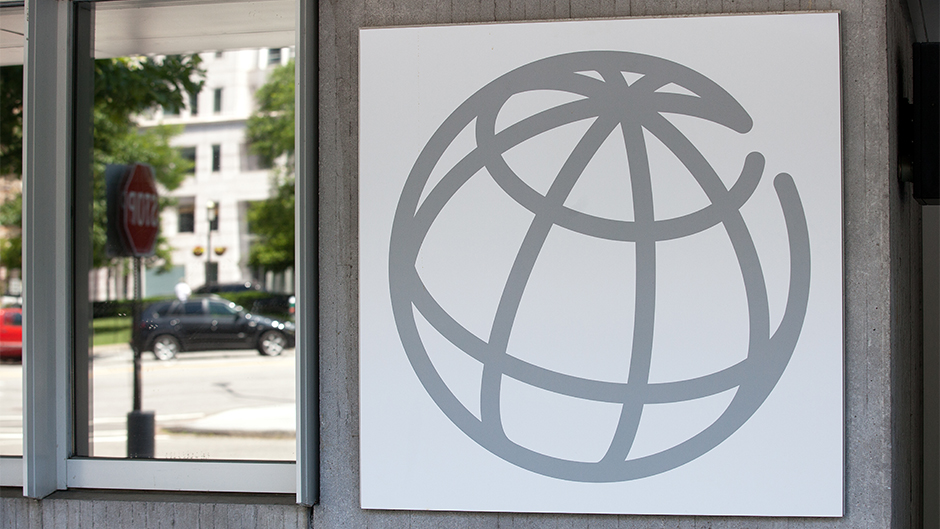World Bank says regional growth higher but fragile

The Western Balkans are expected to see an economic growth of up to 3.5 percent by 2019, the World Bank said in a report released in Vienna on Thursday, warning that the growth was higher but still fragile.
Oglas
“Growth is forecast to rebound to 3.2 percent in 2018 and 3.5 percent by 2019 despite a decline in 2017,” the World Bank Regular Economic Report for the Western Balkans said and recalled that the GDP in the region declined from 3.1 percent in 2016 to an estimated 2.4 percent in 2017
World Bank Regional Director for the Western Balkans Linda Van Gelder said the trend in the region is positive. “More and more people are finding jobs and wages are slowly rising upwards. However, growth is vulnerable to domestic and external shocks, as the slow-down in 2017 growth has confirmed. The more robust growth we are forecasting in the coming years is conditional on the right mix of policies and regulations to reduce vulnerability to shocks and support growth,” she said.
The authors of the report recalled that the “GDP expansion of between 3 percent and 4.4 percent in Albania, Bosnia and Herzegovina, Kosovo, and Montenegro was tempered by no growth in Macedonia and an increase of just 1.9 percent in Serbia”.
Oglas
“The overall outlook is positive, as growth in Serbia and Macedonia recovers from the current shocks, Bosnia and Herzegovina and Kosovo increase investment, while growth in Albania and Montenegro moderates as large investment projects wind down, and the much-needed fiscal consolidation continues in Montenegro,” it said.
According to the report, employment rates are rising across the region with unemployment in 2017 standing 5.6 percent lower than the previous year and youth unemployment dropping from 37.5 percent in 2016 to 31.5 percent in 2017. The report warned that the pace of job creation is slowing, with the annualized rate of employment growth falling from 4.5 percent in 2016 to 3.2 percent in September 2017.
The authors of the report called for bold structural reforms. “Weather-related shocks, such as harsh winters and unexpected natural disasters, as well as country-specific vulnerabilities, such as political uncertainty, continue to threaten growth in the region. Countries can combat the effects of these vulnerabilities by introducing reforms promoting private sector development and reducing barriers to labour force participation. Policies that increase both physical and human capital, boost employment, and improve market institutions can simultaneously elevate the growth potential of the countries in the region and reduce inequality,” it said.
Kakvo je tvoje mišljenje o ovome?
Učestvuj u diskusiji ili pročitaj komentare
Oglas
Kakvo je tvoje mišljenje o ovome?
Učestvuj u diskusiji ili pročitaj komentare
Oglas





 Srbija
Srbija
 Hrvatska
Hrvatska
 Slovenija
Slovenija



























































